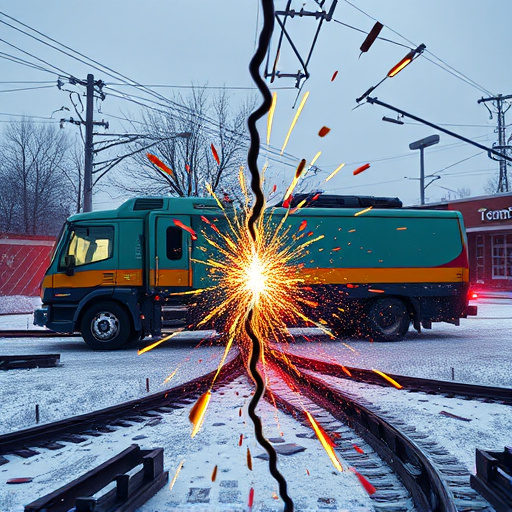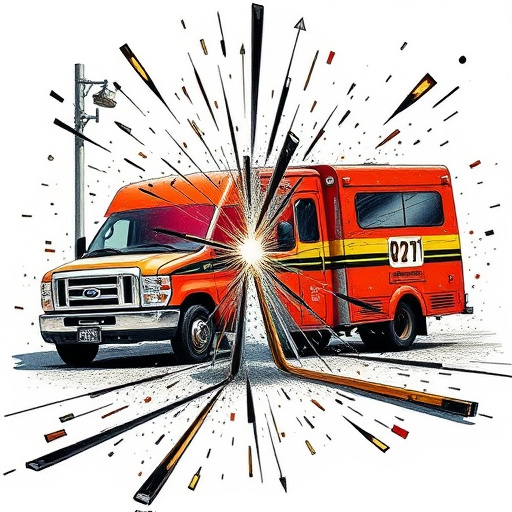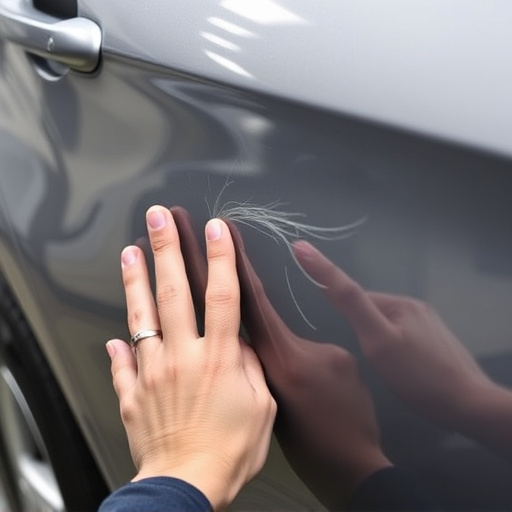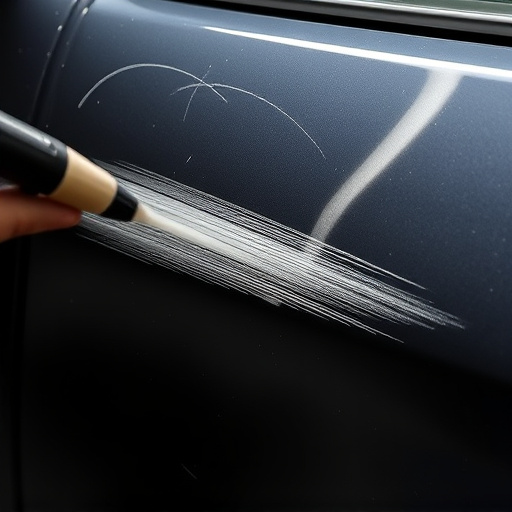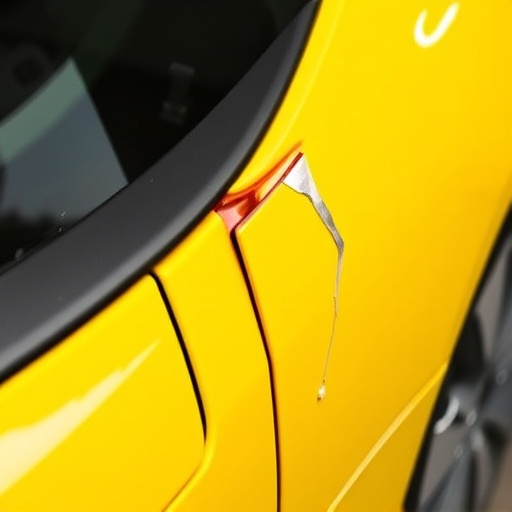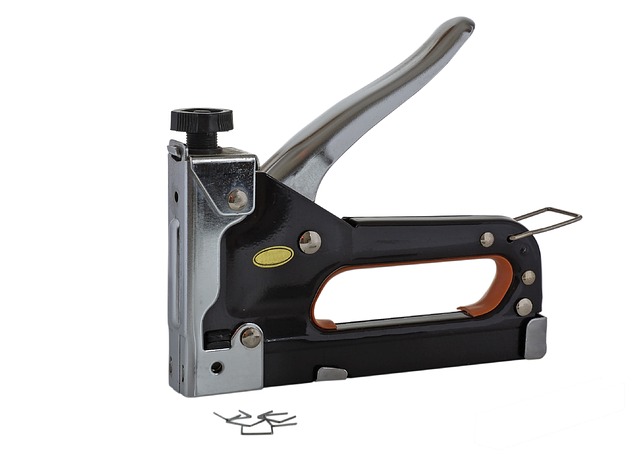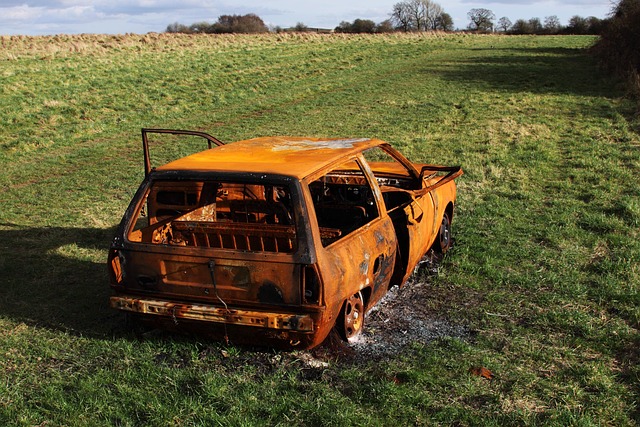The market for recycled collision parts is booming due to a rising demand for sustainable, affordable auto repair solutions. Consumers and businesses are increasingly choosing used, high-quality components over new ones to reduce waste and lower costs, especially after accidents. This trend benefits both auto repair shops, who save on costs and can offer competitive pricing, and consumers who receive eco-friendly car maintenance with warranties on recycled parts. The future looks bright for this industry, with technological advancements promising more efficient recycling and restoration techniques, ensuring a sustainable and reliable supply of recycled collision parts to meet growing demand.
The market for recycled collision parts is experiencing a significant surge, driven by both environmental consciousness and economic practicality. As consumers and auto repair shops seek cost-effective solutions without compromising quality, trusted recycled collision parts are becoming an increasingly vital component of the automotive industry. This article explores the growing demand for these parts, their numerous advantages, and provides insights into navigating this dynamic market, including sourcing strategies and future trends shaping its evolution.
- Understanding the Demand for Recycled Collision Parts
- The Benefits of Trusted Recycled Collision Parts for Auto Repair Shops and Consumers
- Navigating the Market: Sourcing, Quality Control, and Future Trends
Understanding the Demand for Recycled Collision Parts

The demand for recycled collision parts is soaring as consumers become increasingly conscious of sustainability and cost-effectiveness. With the growing emphasis on eco-friendly practices, many individuals and businesses are seeking affordable alternatives to new car parts, particularly after accidents or damages. Recycled collision parts offer a viable solution by providing high-quality, used components that can be reused, reducing waste and environmental impact.
This trend is further fueled by the rising costs of traditional car body repair and restoration methods. By opting for recycled collision parts, consumers can significantly reduce repair expenses while still ensuring their vehicles are safe and roadworthy. The market’s shift towards sustainability, combined with the economic benefits, has created a thriving industry for trusted recycled collision parts, catering to both individual drivers and automotive businesses looking for cost-efficient solutions without compromising on quality or safety.
The Benefits of Trusted Recycled Collision Parts for Auto Repair Shops and Consumers

The adoption of trusted recycled collision parts offers a myriad of advantages for auto repair shops and consumers alike. For repair shops, one of the key benefits is cost savings. Recycled parts are significantly more affordable than their new counterparts, allowing businesses to pass on these savings to customers while maintaining profitability. This can be particularly advantageous for collision centers, which often deal with budget-conscious clients seeking efficient repairs without breaking the bank.
Moreover, prioritizing recycled collision parts contributes to environmental sustainability. By utilizing refurbished components, auto repair shops reduce waste and lower their carbon footprint. For consumers, this translates into a greener and more eco-friendly approach to car maintenance. Additionally, these recycled parts often come with warranties, ensuring quality and peace of mind for customers. This is especially relevant in the context of tire services and car paint repair, where using refurbished materials can deliver top-notch results while promoting a circular economy.
Navigating the Market: Sourcing, Quality Control, and Future Trends

Navigating the market for recycled collision parts involves a delicate balance between sourcing reliable suppliers and ensuring consistent quality control. As the demand for eco-friendly auto parts grows, consumers and collision repair shops alike are increasingly looking towards recycled collision parts as a viable alternative to new ones. This shift presents both opportunities and challenges for the industry.
Future trends suggest an even greater emphasis on sustainability in the automotive sector. With advancements in technology, we can expect more sophisticated methods of recycling and part restoration, such as paintless dent repair techniques, which not only enhance the visual appeal of parts but also reduce environmental impact. Auto detailing services that specialize in preparing recycled collision parts for resale will play a crucial role in meeting this growing demand while ensuring that used parts meet high standards of safety and performance, comparable to their new counterparts.
The growing demand for recycled collision parts reflects a shifting automotive industry landscape, where sustainability and cost-effectiveness are at the forefront. As consumers and auto repair shops increasingly prioritize eco-friendly solutions, trusted recycled collision parts play a vital role in shaping a greener future. By sourcing these parts responsibly, prioritizing quality control, and embracing emerging technologies, the market is poised for continued growth and transformation. This shift not only benefits the environment but also ensures affordable, high-quality repairs for all.
